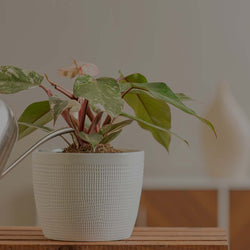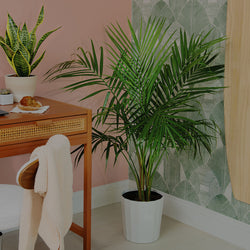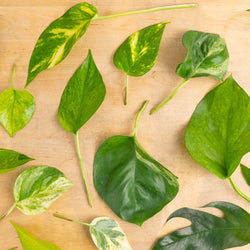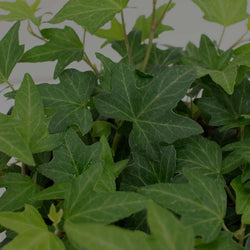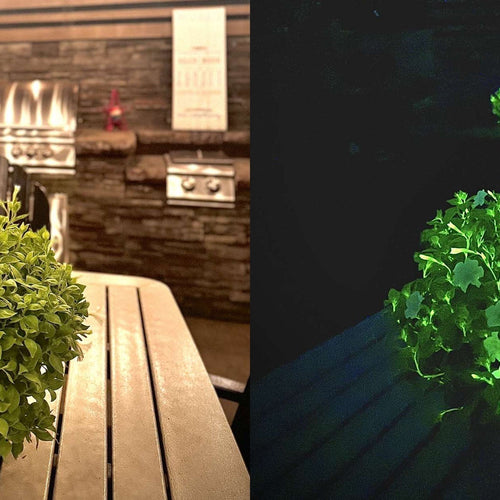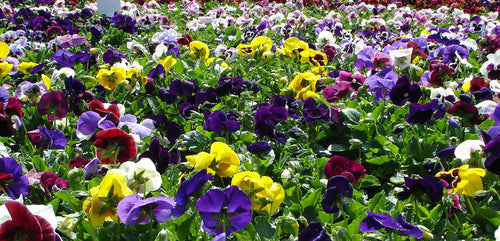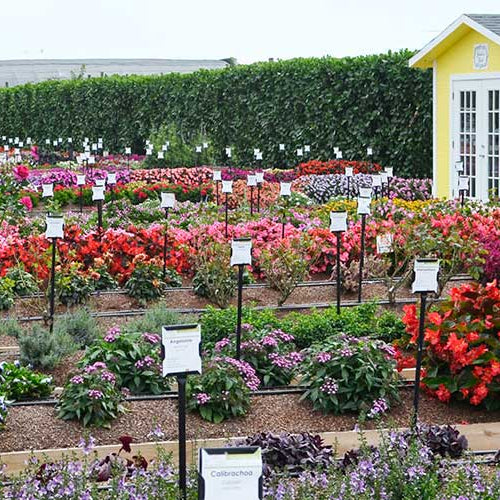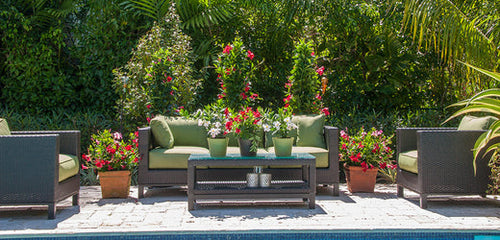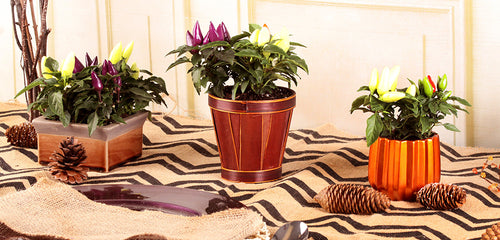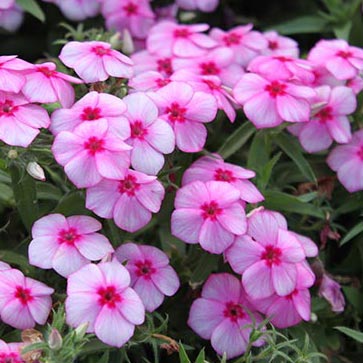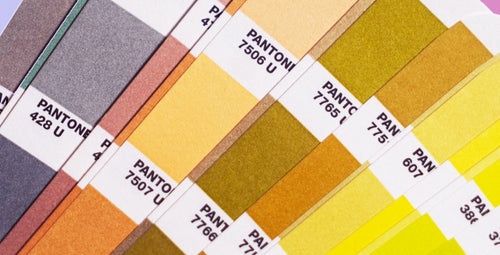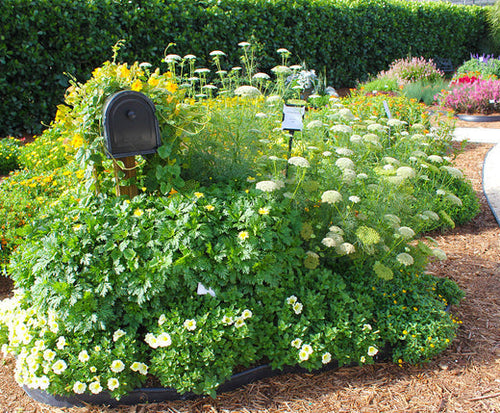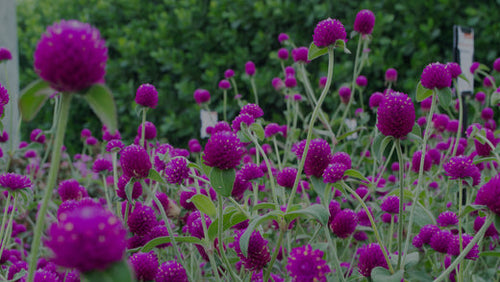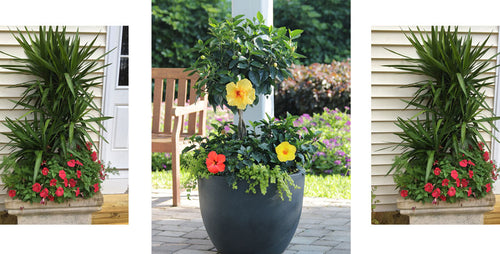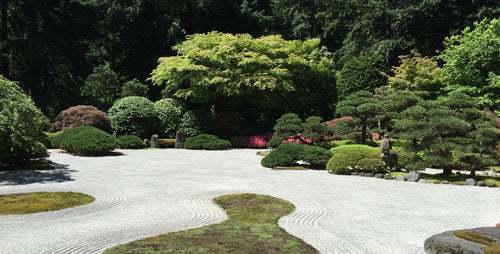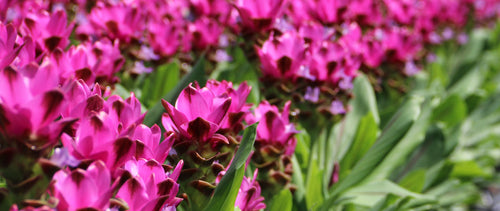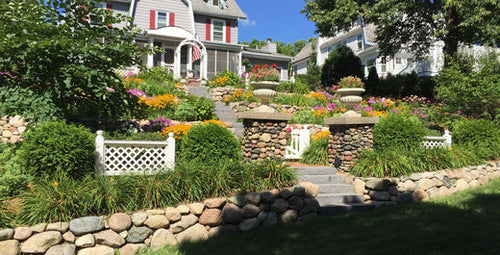I remember my first mandevilla. It was the old ‘Alice DuPont’ type with big pink, pinwheel-shaped flowers and coarse foliage. It was a nice vine and served its purpose adding color to my trellis over the summer.
Fast-forward a few years, when I was an editor at Better Homes and Gardens magazine, and I had my next experience. It was a climbing mandevilla with rich red flowers. Though the blooms were smaller than the old ‘Alice DuPont’, there more of them. A lot more! And the foliage was smaller and shinier, so it looked fuller and lusher. I liked it so much, I ended up bringing it indoors for the winter so I wouldn’t lose it in fear I wouldn’t be able to find another the next growing season.
Later, I discovered mound-shaped mandevilla, which opened a new world for me. Rather than growing like a climbing vine, these plants form tidy mounds. They’re perfect for landscape beds and borders, as well as container gardens.
I discovered these mound-shaped mandevilla bring a bunch of advantages over some of the other traditional annuals I’d grown, like petunias and geraniums. It turns out mounding mandevilla had several advantages over these annuals.
- Mandevilla are more deer and rabbit resistant.
- Mandevilla are more drought resistant.
- Mandevilla are more heat tolerant.
- Mandevilla are longer flowering.
- Mandevilla don’t need deadheading or pruning.
Curious about how to use them? Try these ideas!
- Combine with perennials for a consistent show of color as perennials go in and out of bloom.
- Fill the median between the sidewalk and the street with carefree color.
- Grow in a mass planting for a carpet of nonstop color to frost.
- Line a sidewalk or walkway as a colorful border.
- Mix with other heat-loving annuals like angelonia, pentas, and vinca.

Do you grow mandevilla in your yard? We’d love to see! Share pictures via email at questions@costafarms.com or share them with us on Facebook!
Written by Justin Hancock
